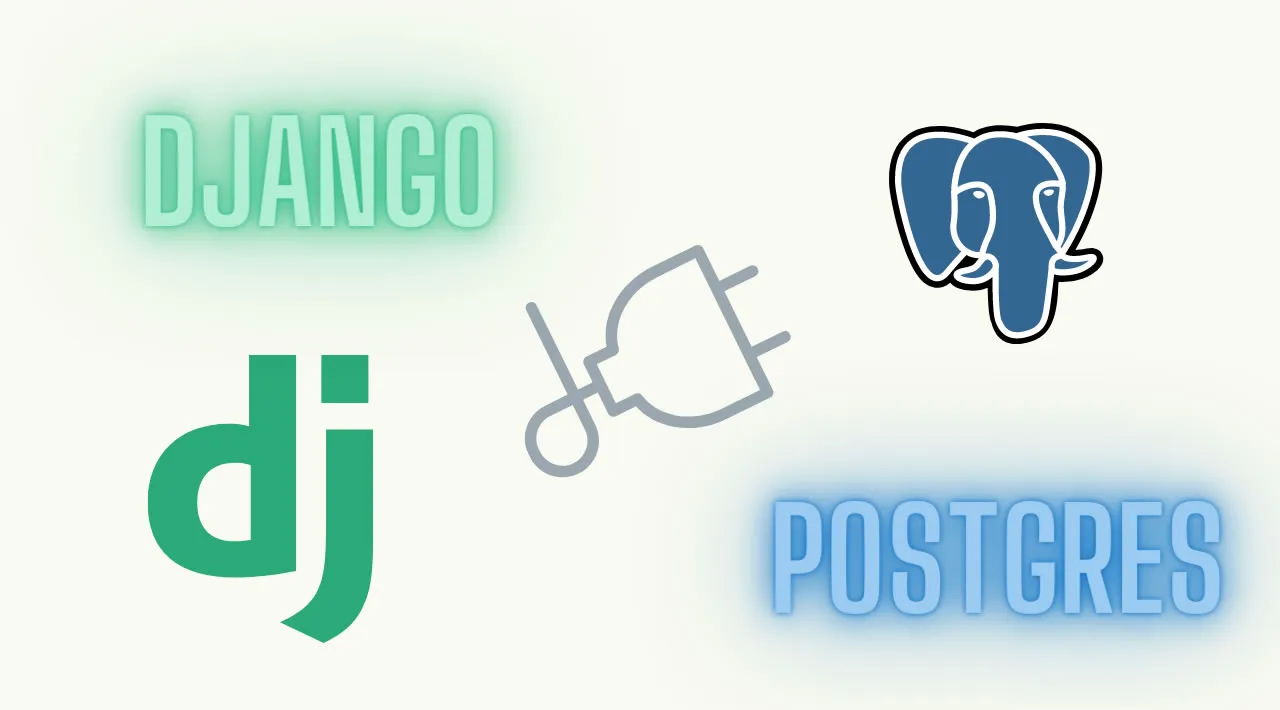Decoding Django Sessions in PostgreSQL. When solving a problem that requires you to link a user’s session data to their actual user object, Postgres comes in handy.
Sessions in Django
Sessions are an important part of any HTTP-based web framework. They allow web servers to keep track of the identities of repeat HTTP clients without requiring them to re-authenticate for each request. There are several different ways to keep track of sessions. Some do not require the server to persist session data (like JSON Web Tokens), while others do.
Django, a popular Python-based web framework, ships with a default session backend that does store persistent session data. There are several storage and caching options; you can elect to simply store sessions in the SQL database and look them up each time, store them in a cache like Redis or Memcached, or use both, with the caching engine set up in front of the database store. If you use one of the options that ultimately stores sessions in SQL, the django_session table will contain your user’s sessions.
#database #postgresql #django
